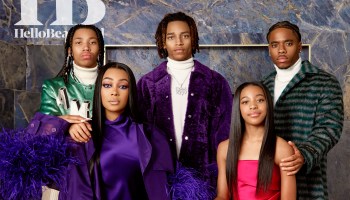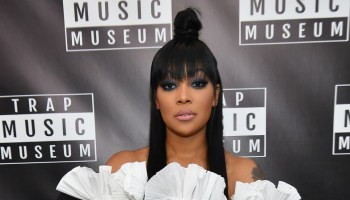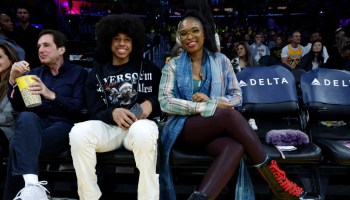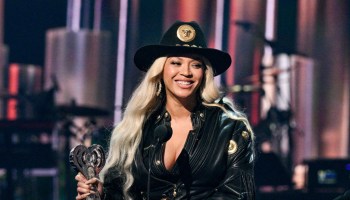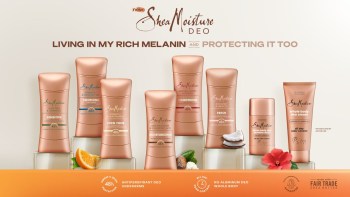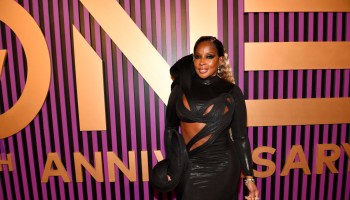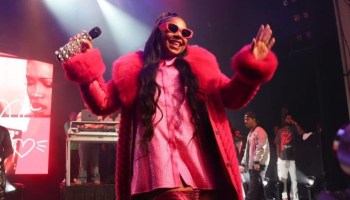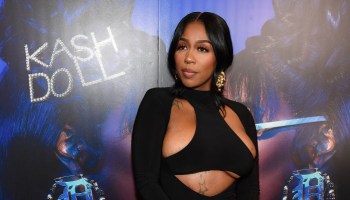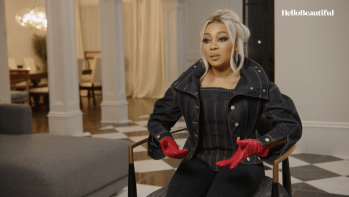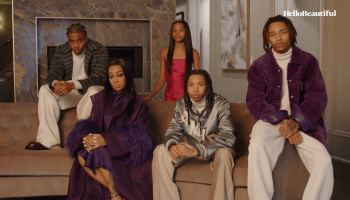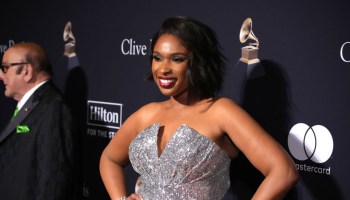I was able to fight off my would-be rapist.
I pounded on his back with my fists and smacked his face numerous times — each blow ineffective against his steel-thick determination. The weight of powerlessness settled in my gut.
I couldn’t physically get away from him. The frame of my body, which normally felt healthy and strong, suddenly felt very fragile, breakable. It clicked in my head that I was no match against his 250-pound frame. I was vulnerable. At his mercy.
“Stop, please stop!” I screamed.
He managed to pull off my jeans, tugged at my underwear, as I squirmed beneath his suffocating weight.
“Why won’t they help me?” I thought over and over, remembering the group of boys just beyond the walls of the living room.
I can’t tell you how long this went on. I can’t remember the exact moment it was over. I only know it stopped because my attacker got tired of fighting before I did.
That moment flashed through my mind as I read the story of another woman, a college student, just like me at the time, who told a story of being unable to escape from the clutches of an attacker.
After the tragic incident in 1999, her accused rapist, Nate Parker, would spend his years rebuilding his reputation, raising a family, and establishing himself as a force in Hollywood.
Tragically, the actor and director’s accuser would meet an untimely demise, reportedly so tormented from the encounter that she lost her will to live and committed suicide in 2012.
Over the last year, Parker has been rising to hero status after snagging a historic deal for his Fox Searchlight film, Birth of a Nation. He took on the role of Nat Turner, a man who led one of the most pivotal slave rebellions in American history. We collectively rallied around Parker — with our fists raised and our heads held high as another one of our stories became mainstream.
But this pride shattered into cynicism when details about his 1999 rape case resurfaced in headlines. It was revealed that Parker and co-writer of the film Jean Celestin were charged with the rape of a fellow student during their time at Penn State. Parker was acquitted while Celestin went on to serve two years for sexual assault until his case was overturned.
And I don’t know what to feel about all of this.
With our timelines littered with trauma and devastation — hashtags of innocent Black people killed out of fear and not conviction, women raped and murdered senselessly, and innumerable incidents of unserved justice, it’s like the entire internet sphere is baiting us into reaction.
“Did you see the latest video of …”
“Did you hear about the murder of …”
“Did you see the latest hashtag of …”
It’s in this environment that casual conversations can become triggering as you grapple with fighting back your own trauma, while also struggling to find the right words to say something enlightening about someone else’s experiences. And if you find yourself with nothing to contribute to the conversation, you’re labeled uniformed, uninspired — perhaps even a sympathizer.
I ran into this very same scenario when the news of Parker’s rape case resurfaced.
I was heavily triggered — caught between empathy for the young, intoxicated girl in a college athlete’s room and the painful awareness of centuries of demonized Black men who were never even afforded the right to trial. It’s an emotional struggle that Black women face as we stand firmly positioned between our race and our gender.
I ached for my brothers, plagued by historical incidents of Black men being falsely accused of raping White women.
I ached for my sisters, for whom the light of justice is often little more than a flicker when they are violated and abused.
On one hand, it’s understandable how some might view Parker’s lack of conviction through the lens of triumph. After all, it’s a rare day that a Black man’s name is cleared in an alleged crime against the world’s most protected treasure — the White woman.
And on the other, the case has reopened the painful wounds of patriarchy and male dominance — those pestering, bleeding sores that society won’t allow to heal. They are reminders to women that your word will always carry less weight than a man in a position of power.
Parker rode his male privilege onward to score million-dollar deals, relatively untouched by his past until now. His accuser, however, internalized her wounds until her death in 2012, the result of overdosing on 200 sleeping pills.
It is with these torrential details that I remain unsure of where I stand. After all, in the eyes of the law, Parker is not a rapist. Legally, he was cleared of the crime. But in the court of public opinion, he is far from innocent.
If we condemn him, despite his acquittal, are we becoming the digital equivalent of a lynch mob hovering in wait with pitchforks and hoods, to exact our revenge for his accused actions?
And yet, to ignore the details of his testimony, would be willful ignorance. There is something about the trial and accusations which deeply trouble me and make me question his character.
So what do we call him then? He would like for us to call him a “family man,” a “man of faith.” But his actions and the torment he admittedly inflicted on this woman to prove his innocence makes those terms wildly unreasonable, unfitting. He allegedly stalked and harassed this woman for long periods of time, hungry to clear his record and get his accuser to backdown.
So I’m left here at the same place I started — shaking in my cognitive dissonance. Unsure of what to say. Stuck between being a Black person and a woman. As both a would-be rape victim and a survivor. As both a writer and a person preferring to stay silent when I don’t know what to say.
And I’m entitled to my right to think, I just don’t know, without relinquishing my agency as any one of those things.
RELATED STORIES:
Nate Parker Releases Statement After Details Of His Rape Accuser’s Death Surface
Nate Parker Addresses ‘Painful’ College Rape Case
Nate Parker Welcomes Fifth Child With Wife, Black Twitter Erupts








